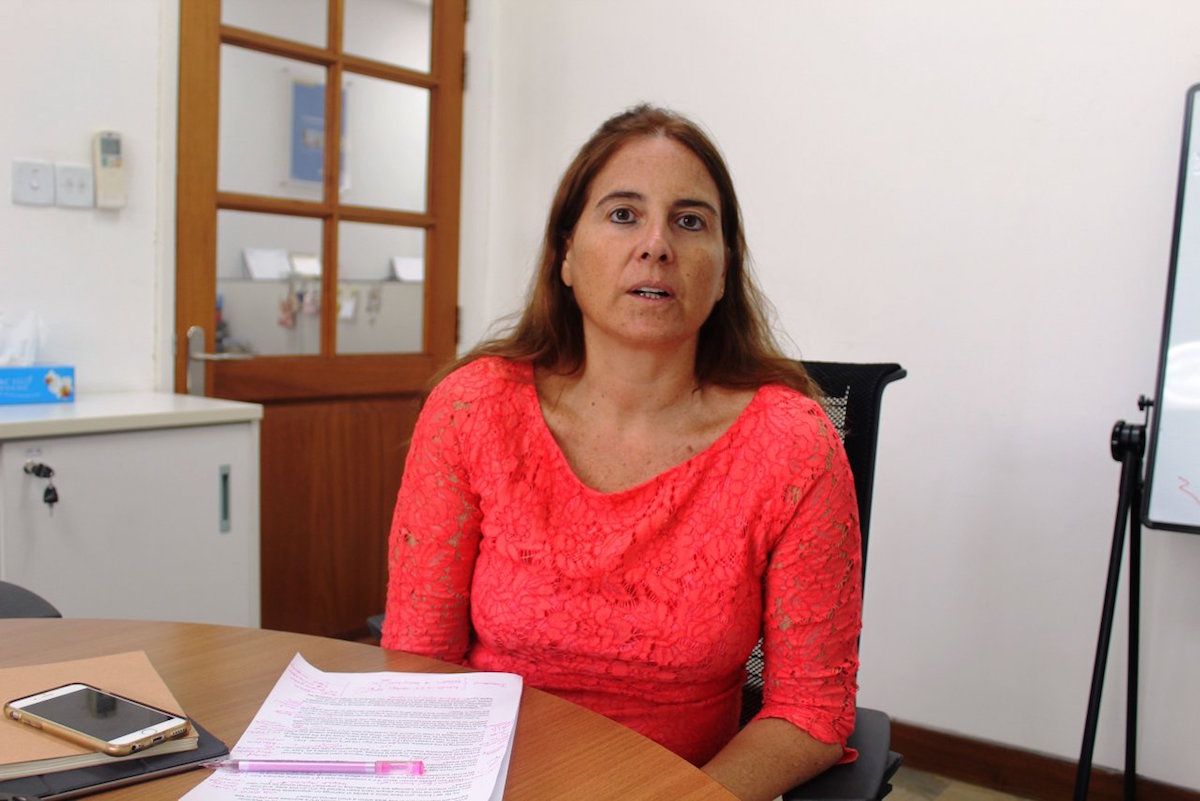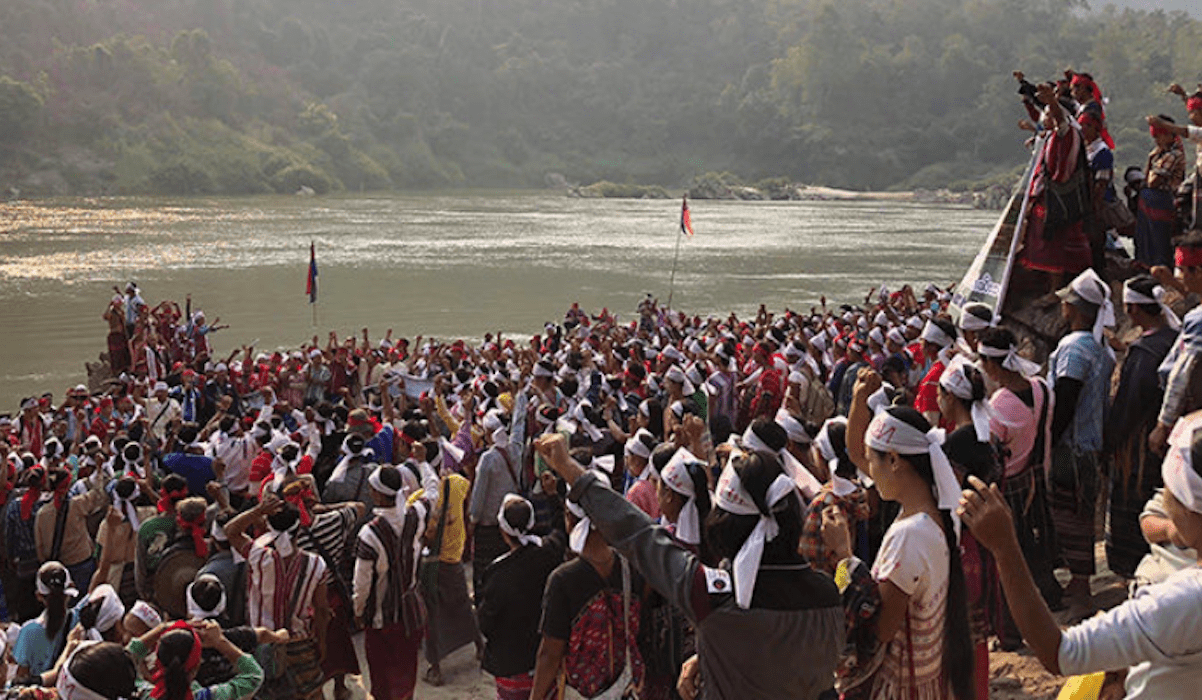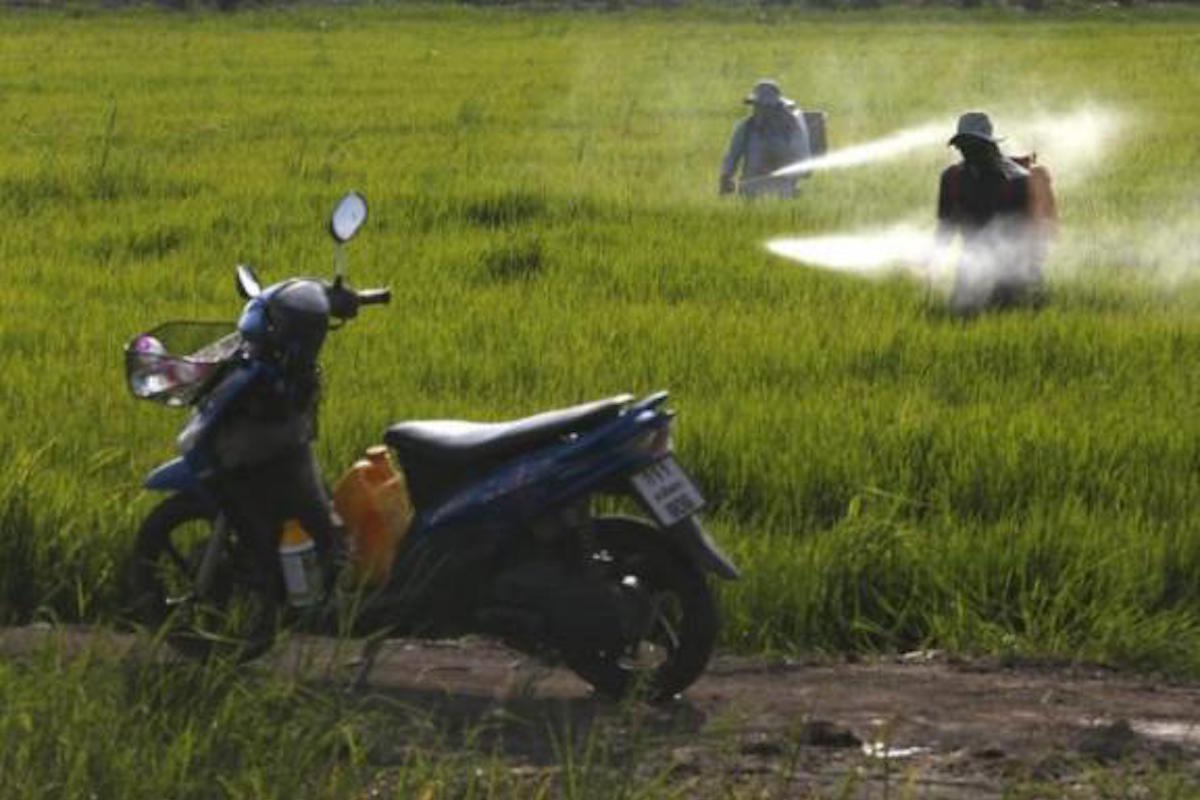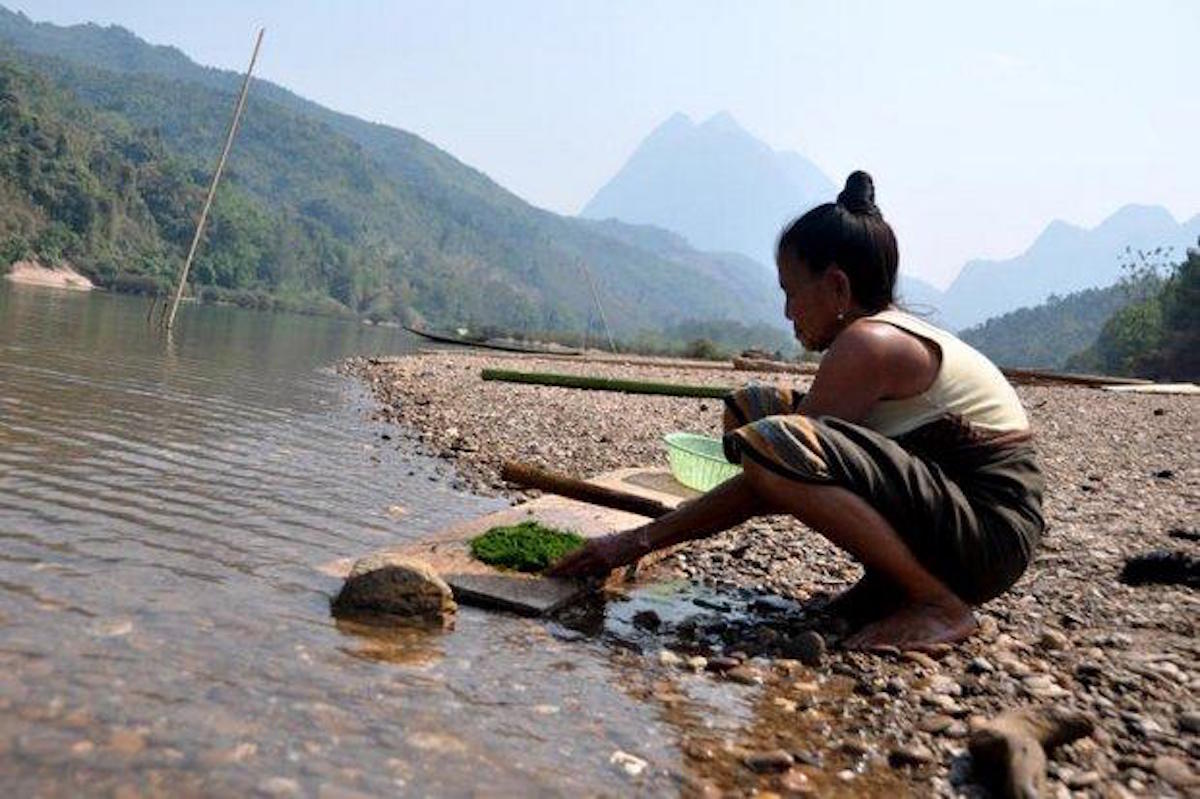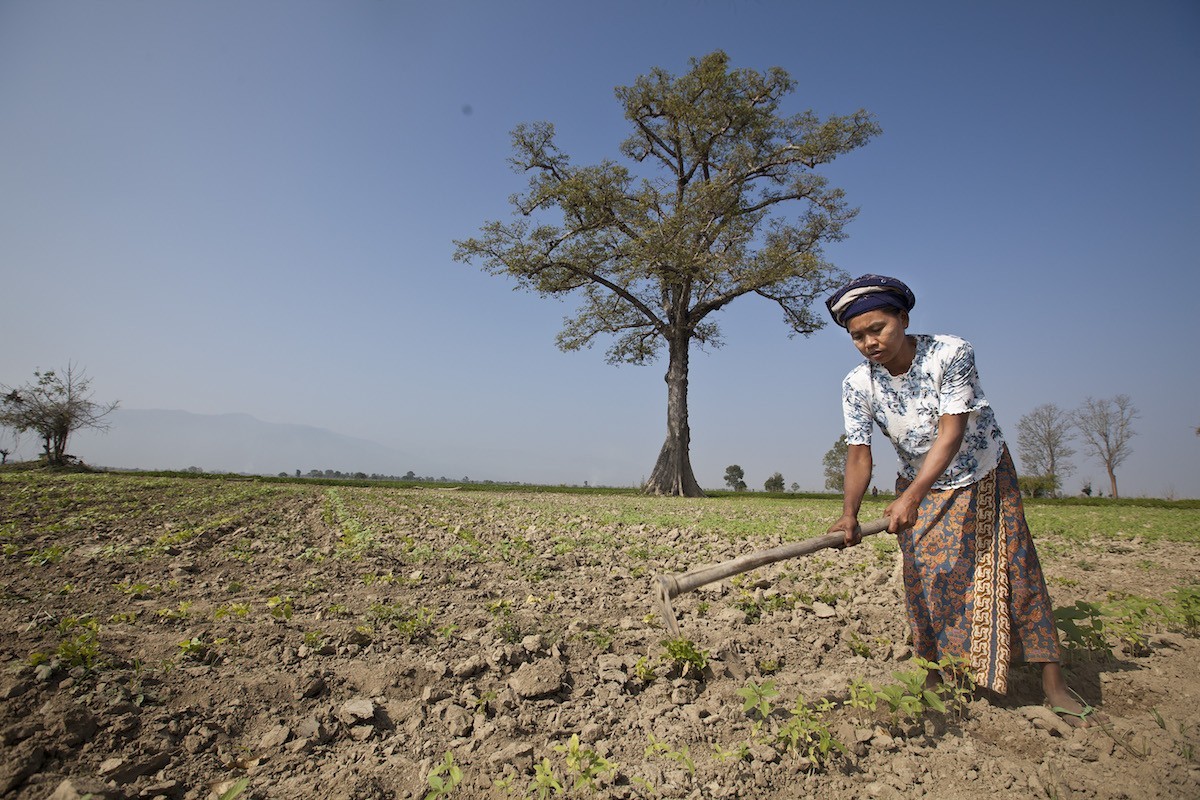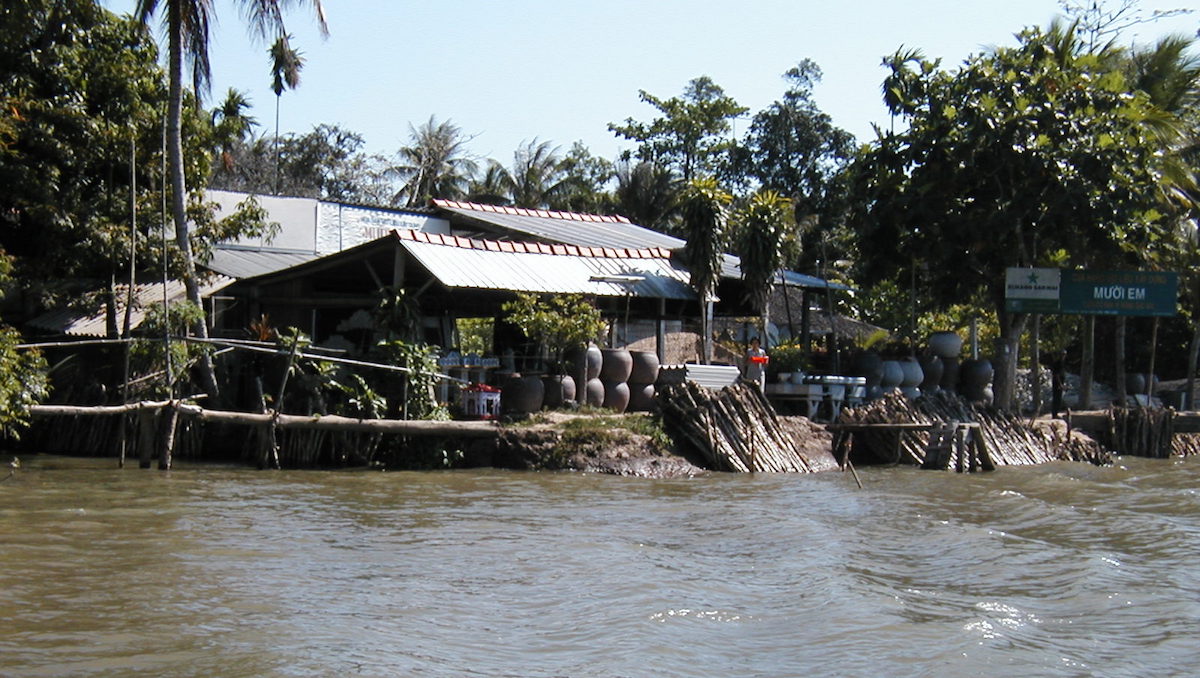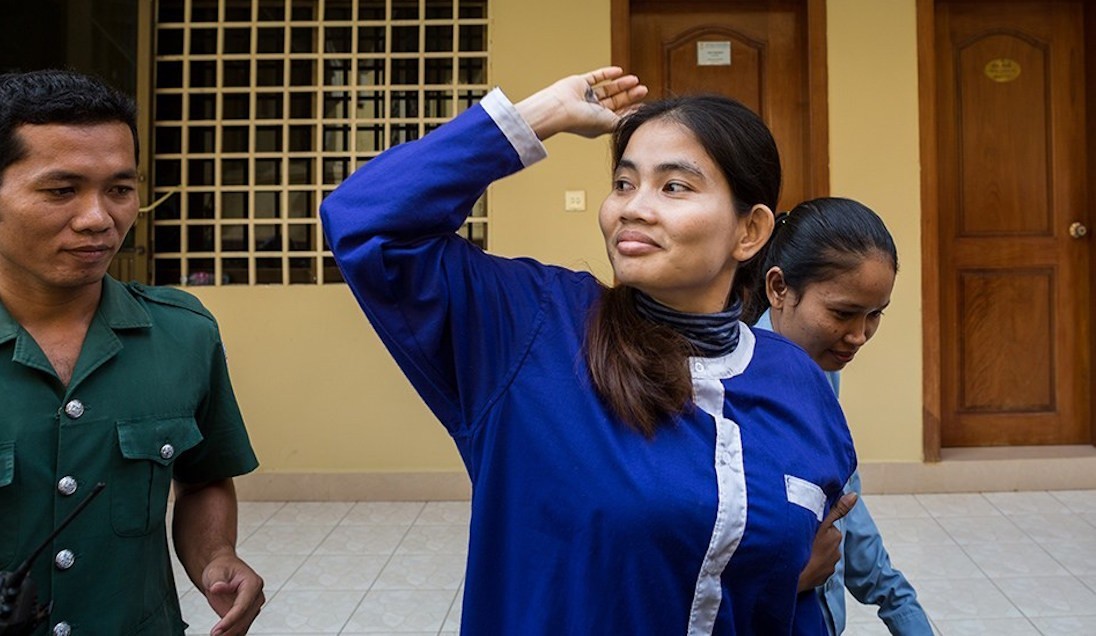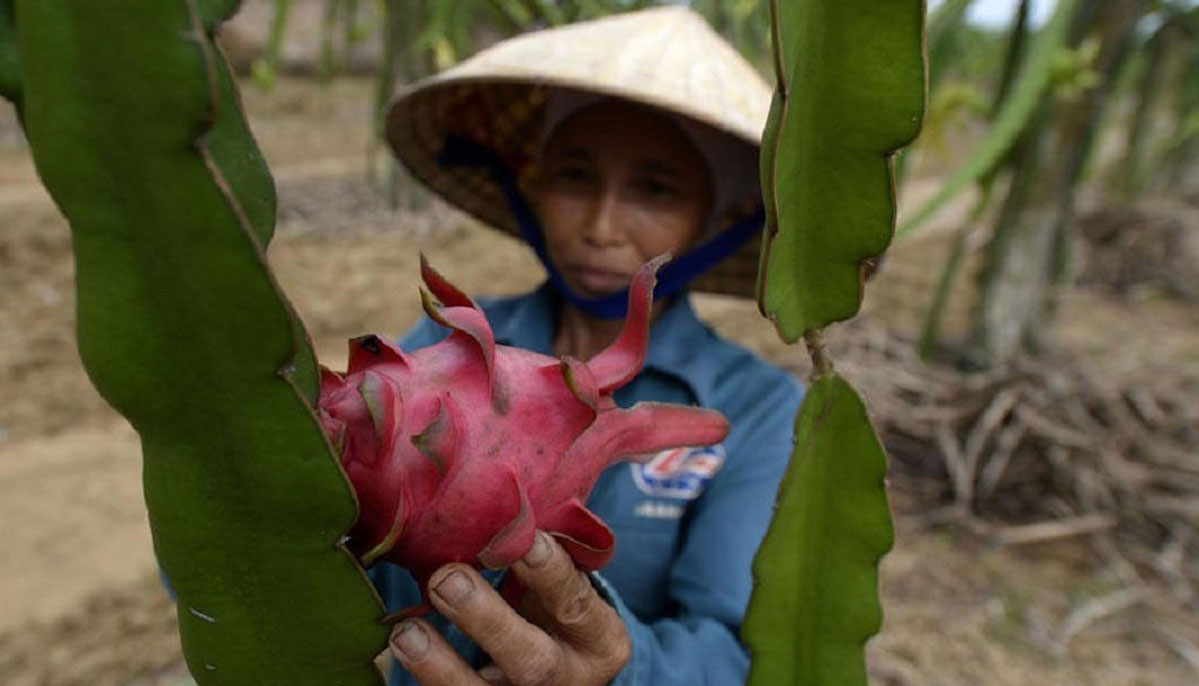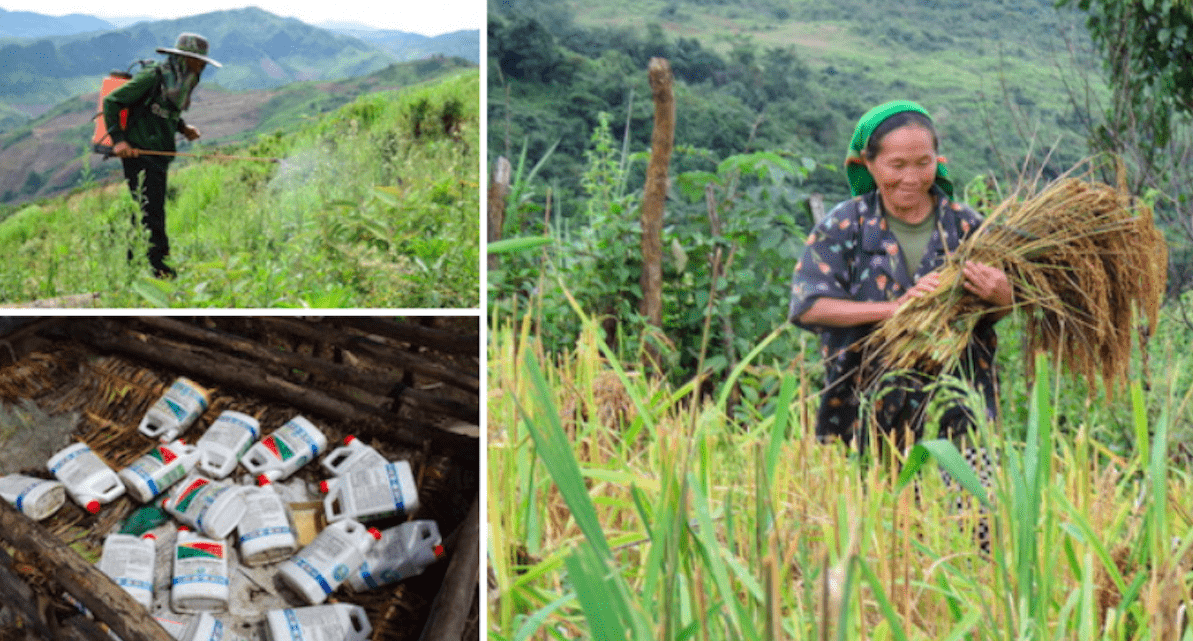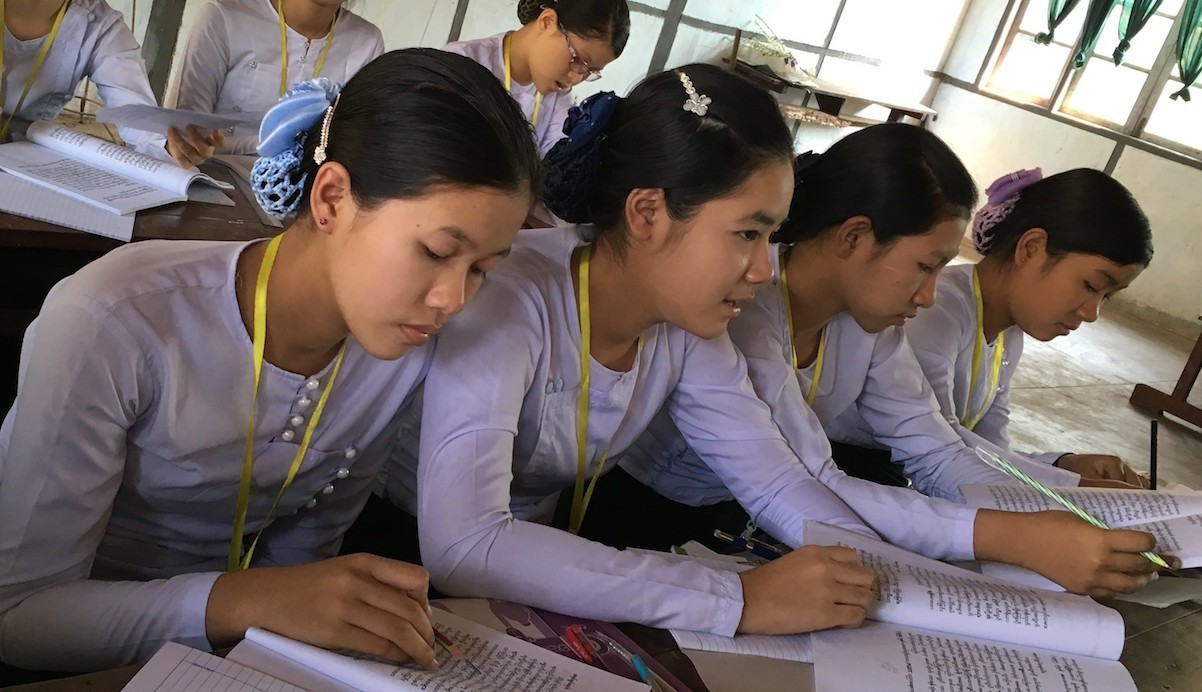Vanessa Vizcarra Bianchi, IFC’s lead of financial institutions advisory services for Mekong Region, said in an exclusive interview that the organisation would invest in three or four more MFIs by the end of this year.
Tag: Gender
Karen Villagers Protest Hatgyi Dam, Other Projects on Salween River
More than 800 Thai and Karen residents living close to the Salween River in Mae Sariang of Mae Hong Son province and the Ituta refugee camp organized action on Day for Rivers.
How women pay the costs of development
Women are main economic drivers of their communities, but have little say in development policies shaping their lives.
Women must be central to Mekong dam decisions
Loss of livelihoods and independent sources of income for women due to dam construction can disrupt gender relations within families and communities…
How empowering women leads to innovative agricultural practices
What is the actual impact of an intensified development focus on rural women?
Reducing water insecurity: Questions of power, politics and equity in the Mekong region
Water management decision making is concentrated in the hands of the politically and financially powerful few, who determine how water gets allocated.
A wave of young female activists from Cambodia aim to shake up the patriarchy. Here’s how
Cambodian women regularly spearhead land rights demonstrations, and in recent years some have even parlayed their newfound activism into entering the political sphere.
When women mean business, society thrives
Empowering female entrepreneurs is a no-brainer in the most important areas – employment generation and sustainable development; the evidence is that they are more responsible stewards.
Documentaries: Women in the uplands of Laos: diverse actors in development
The Women’s Lives Project presents lives of rural women in the uplands of Laos to seek new approaches to rural development that see women as diverse actors.
UN ESCAP report: gender equality pivotal to sustainable development
First report to comprehensively map out the intersections between gender and environment at the levels in the Asia-Pacific.


